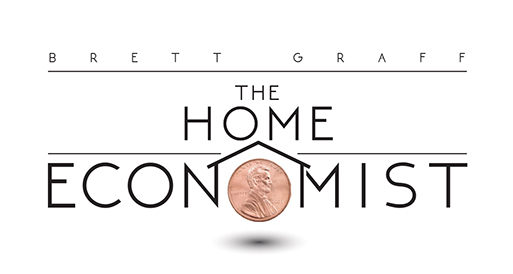People across the country are reporting that they’re getting telephone calls and letters from people trying to collect on loans the consumers never received or on loans they did receive but for amounts they do not owe. Sometimes, the letters or phone calls allege they’re from lawyers or judges, and contain an official looking seal.
The Federal Trade Commission though, is warning consumers to be on the alert for scam artists posing as debt collectors. It may be hard to tell the difference between a legitimate debt collector and a fake one. Sometimes a fake collector may even have some of your personal information, like a bank account number. A caller may be a fake debt collector if he:
- is seeking payment on a debt for a loan you do not recognize;
- refuses to give you a mailing address or phone number;
- asks you for personal financial or sensitive information; or
- exerts high pressure to try to scare you into paying, such as threatening to have you arrested or to report you to a law enforcement agency.
So, what should we do if you get one of these nastygrams? No matter how convincing a letter or phone call seems, check it out. Look up the real number for the government agency, office, or employee (yes, even judges) and get the real story. It’s likely to be a scam.
Be suspicious if anyone — no matter who they say they are — asks you to wire money, or load a rechargeable money card as a way to pay back the debt. There’s no legitimate reason for someone to ask you to send money that way.
You can’t be arrested for not paying your bills. If a debt collector calls about a debt – and before you agree to pay anything – ask for a written proof that says how much money you owe and to who, and what to do if you don’t think you owe the money. By law, debt collectors have to send you a written document, called a validation notice, within five days after they first contact you. If they don’t, that’s a warning sign that they may not be legitimate.
If you get a call about a debt you don’t recognize, or don’t think you owe, here’s what you can do:
Find out who you’re dealing with. Ask for the collector’s name, the company’s name, and its address and phone number.
Ask for a written “validation notice.” It tells you how much money you owe, the name of the creditor, and what to do if you don’t think you owe the money.
Stop speaking with the caller. If you have the caller’s address, send a letter demanding that the caller stop contacting you, and keep a copy for your files. By law, real debt collectors must stop calling you if you ask them to in writing.
Do not give the caller personal financial or other sensitive information. Never give out or confirm personal financial or other sensitive information like your bank account, credit card, or Social Security number unless you know whom you’re dealing with. Scam artists, like fake debt collectors, can use your information to commit identity theft – charging your existing credit cards, opening new credit card, checking, or savings accounts, writing fraudulent checks, or taking out loans in your name.
Contact your creditor. If the debt is legitimate – but you think the collector may not be – contact your creditor about the calls. Share the information you have about the suspicious calls and find out who, if anyone, the creditor has authorized to collect the debt.
Report the call. Contact the FTC and your state Attorney General’s office with information about suspicious callers. Many states have their own debt collection laws in addition to the federal FDCPA. Your Attorney General’s office can help you determine your rights under your state’s law.Do your own detective work. Reach out to the company the collector says is the original creditor. They might help you figure out if the debt is legitimate — and if this collector has the right to collect the debt
Ask the caller for his name, company, street address, and telephone number. Tell the caller that you refuse to discuss any debt until you get a written “validation notice.” The notice must include the amount of the debt, the name of the creditor you owe, and your rights under the federal Fair Debt Collection Practices Act.
If a caller refuses to give you all of this information, do not pay! Paying a fake debt collector will not always make them go away. They may make up another debt to try to get more money from you.







Leave A Comment